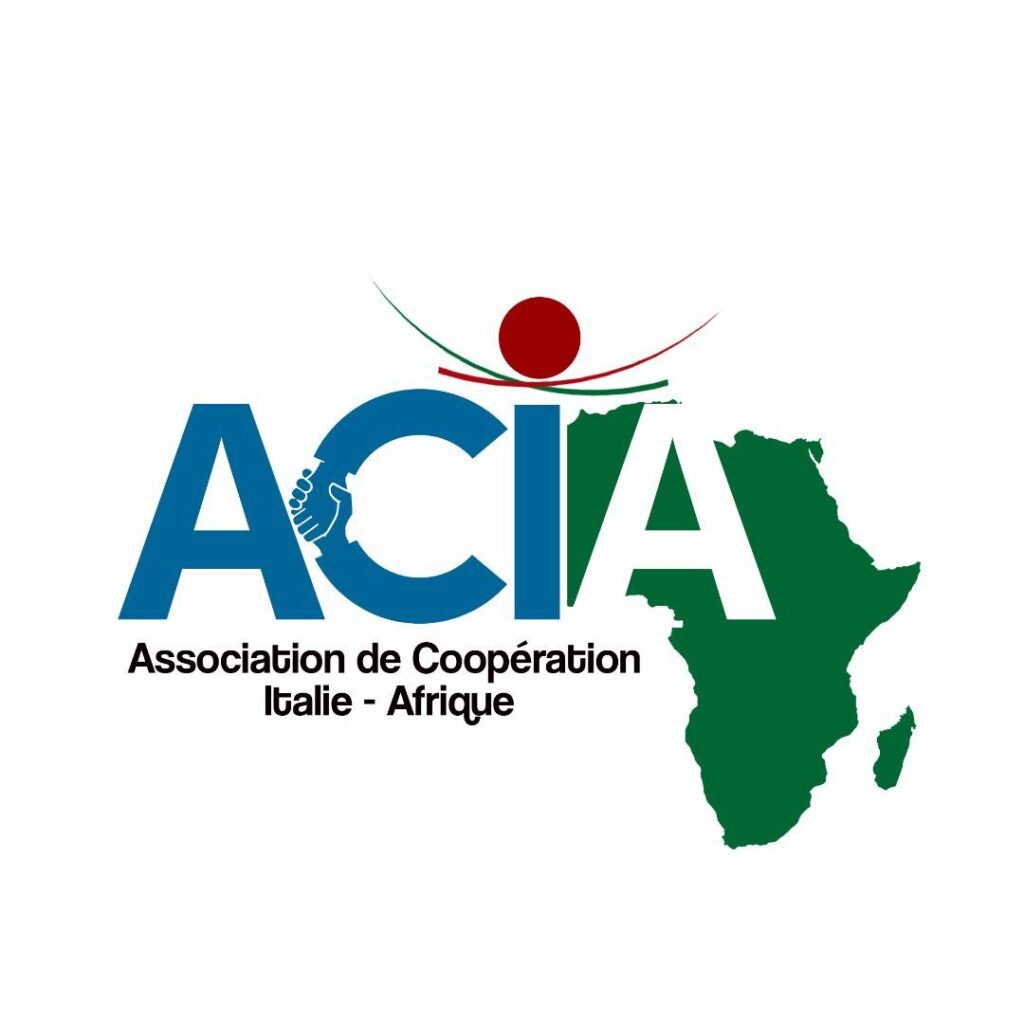Introduction to International Tenders and Tenders
International calls for tender and tenders are key tools for Italian companies aspiring to expand their presence in the global market. But what exactly are these instruments? In simple terms, a tender is a formal procedure by which public or private entities request bids for the supply of goods or services. International tenders, specifically, refer to these procedures on a global scale, involving companies from various countries.
The opportunities offered by international tenders are manifold and can vary widely in terms of sector, scope and requirements. There are public tenders, issued by governments and public administrations, which often cover infrastructure projects, provision of public services or construction contracts. Private tenders, on the other hand, are issued by private companies and organisations and can cover a wide range of sectors, from technology to healthcare to industrial production.
A particularly relevant category is that of tenders funded by international organisations, such as the multilateral development banks (MDBs) or UN agencies. These calls not only offer business opportunities, but often also include funding programmes and technical support for participating companies, making them particularly attractive for companies seeking to enter new markets with less risk.
For Italian companies, participating in these international calls and tenders can be a significant turning point. They not only offer the possibility of expanding one's market beyond national borders, but also of gaining global experience and expertise. However, it is essential to have a clear understanding of the different types of tenders and the processes involved in order to make the most of these opportunities.
Benefits and Challenges of Participating in International Tenders
Participating in international tenders offers Italian companies a number of significant advantages. Among the most significant is access to new markets. Tenders issued by international organisations and MDBs (Multilateral Development Banks) allow companies to expand their presence beyond national borders. This not only increases sales and profit opportunities, but also facilitates the acquisition of a diverse and global customer base.
Expanding the business network is another crucial benefit. By participating in tenders, companies can establish strategic collaborations with international partners, thus strengthening their position in the global market. Moreover, winning an international tender can significantly increase a company's visibility and reputation, making it a recognised and respected global player.
However, participation in international tenders is not without its challenges. One of the main difficulties concerns language barriers. Understanding and producing technical documentation in a foreign language can be a considerable obstacle. Furthermore, cultural differences can affect the way business relationships are negotiated and managed, requiring companies to continually adapt.
Regulatory complexities are another significant obstacle. Each country has its own laws and regulations concerning tenders, and complying with these regulations can be difficult and time-consuming. To overcome these challenges, it is crucial that companies prepare themselves adequately. Specialised advice and continuous training can make a difference, providing companies with the necessary skills to successfully navigate the international tender landscape.
Ultimately, participation in international calls for tenders can be a strategic lever for the growth of Italian companies, provided they are prepared to face and overcome the complexities involved.
Preparing for and successfully participating in international tenders requires a methodical and strategic approach. The first essential step is to search for available tenders. There are numerous specialised web portals and consultancy services that offer regular updates on international tenders, such as Tenders Electronic Daily (TED) of the European Union or the portals of the Multilateral Development Banks (MDBs). Using these tools can make it easier to identify the most relevant opportunities for your sector.
Once the tenders of interest have been identified, it is crucial to prepare the necessary documentation accurately and in accordance with the specific requirements. This documentation may include quality certificates, company balance sheets, references from previous projects and other information required by the tender. It is essential to read all tender documents carefully to ensure that you comply with every detail specified, as non-compliance can lead to immediate exclusion.
The submission of tenders requires care and precision. Companies must ensure that all sections of the offer are complete and well organised. Clearly incorporating the company's strengths, relevant experience and value proposition can significantly increase the chances of success. A useful tip is to include examples of successfully completed similar projects, highlighting concrete results and benefits achieved.
To further improve their chances of success, companies can make use of specialised international tender consultancy services. These services offer support in preparing documentation, understanding tender requirements and bidding strategy. In addition, attending workshops and training courses can provide additional expertise and updates on best practices in international tendering.
In summary, the key to successful participation in international tenders lies in meticulous preparation, the use of specialised resources and the submission of well-structured bids that meet requirements. With the right approach, Italian companies can access new opportunities for growth and development in international markets.
Success Stories and Case Studies of Italian Companies
Italian companies that successfully participated in the international tenders are shining examples of how innovation, strategy and determination can lead to great results. One of the most relevant stories is that of a manufacturing company specialising in green technologies, which won a major tender to supply sustainable solutions to a consortium of Latin American countries. Facing significant challenges such as international competition and different local regulations, the company was able to win the tender thanks to extensive market research and a highly customised proposal that perfectly met the consortium's needs.
Another successful case is that of an SME in the IT sector that participated in a international tender issued by one of the leading multilateral development banks (MDBs). The key to their success was the adoption of effective networking strategies and collaboration with local partners that facilitated the adaptation of their solutions to the specific requirements of the tender. The result was a digital transformation project that not only met but exceeded the client's expectations, securing the SME an important market position.
These examples show that with careful preparation and a strategic approach, Italian companies can compete effectively in the invitations to tender international. For many companies, the key to success lies in the ability to adapt quickly to the needs of the global market and to leverage existing networks of contacts for crucial information and local support.
If you would like further information or support in participating in international tenders, please do not hesitate to contact us. We are here to help you navigate this complex but promising landscape, and turn opportunities into concrete successes.






